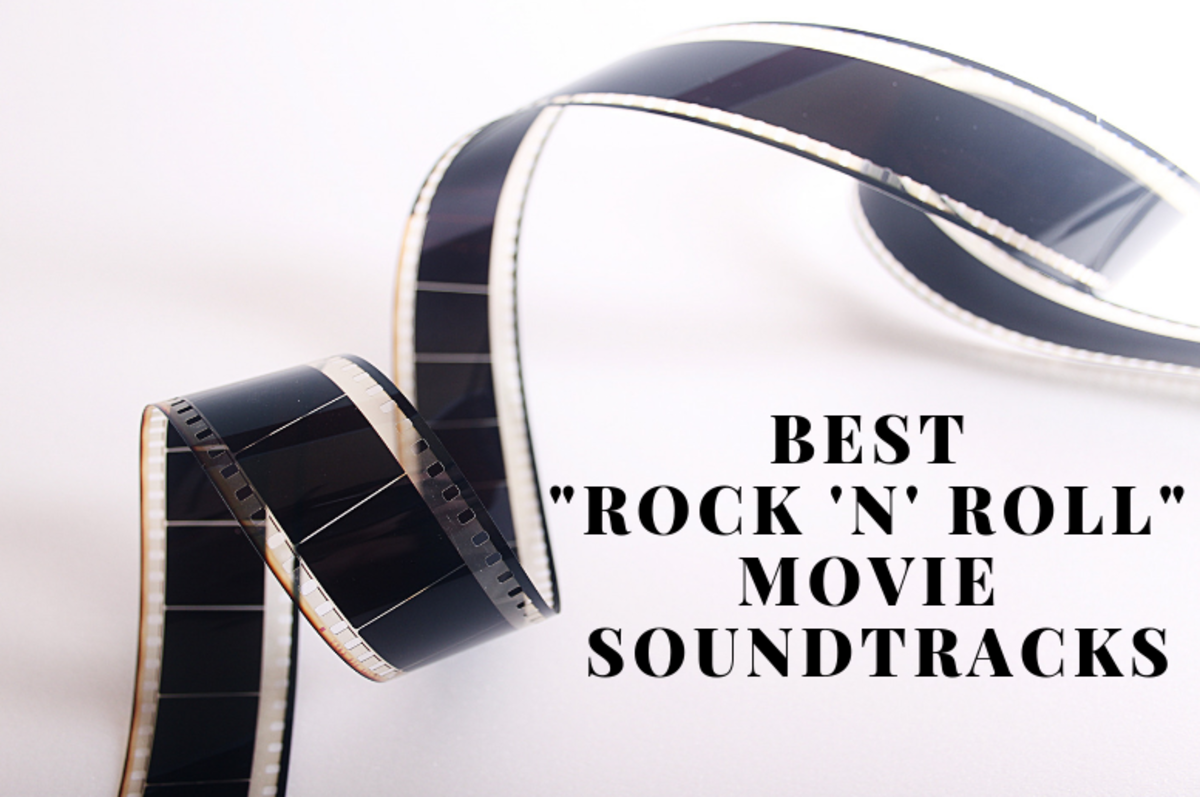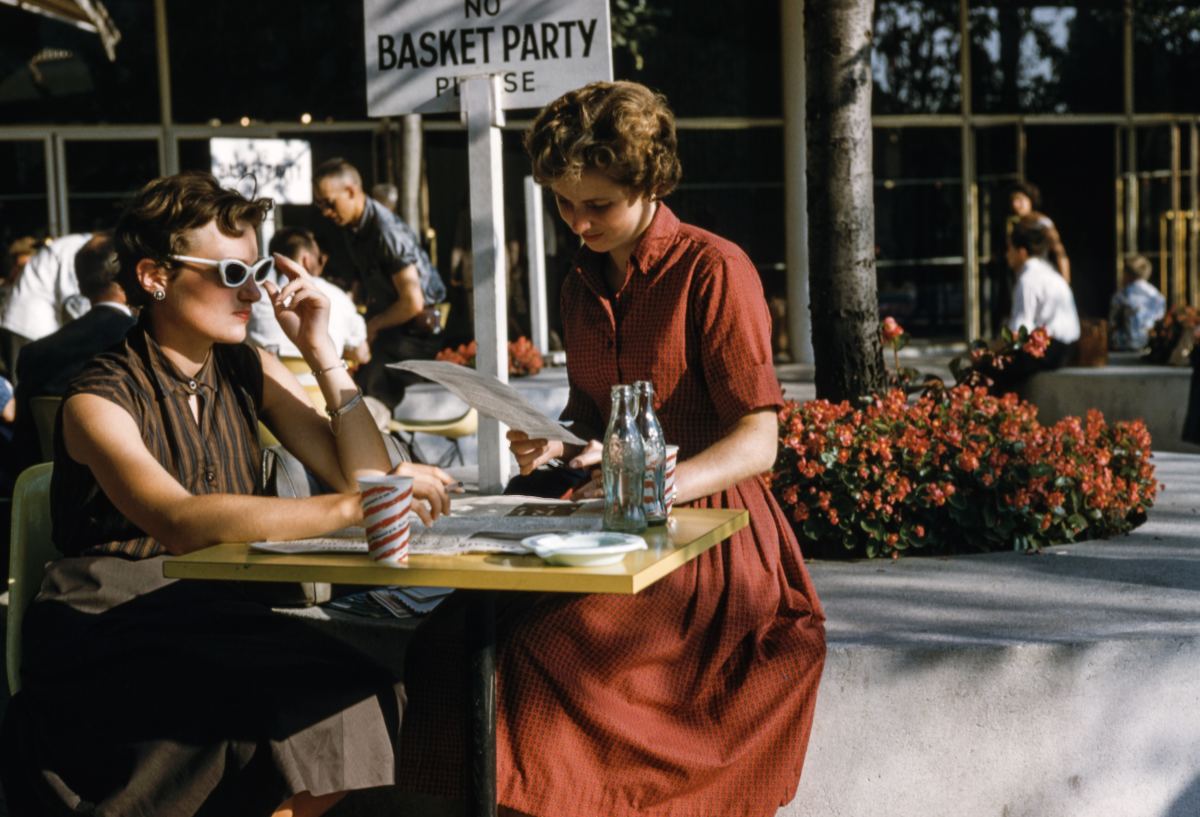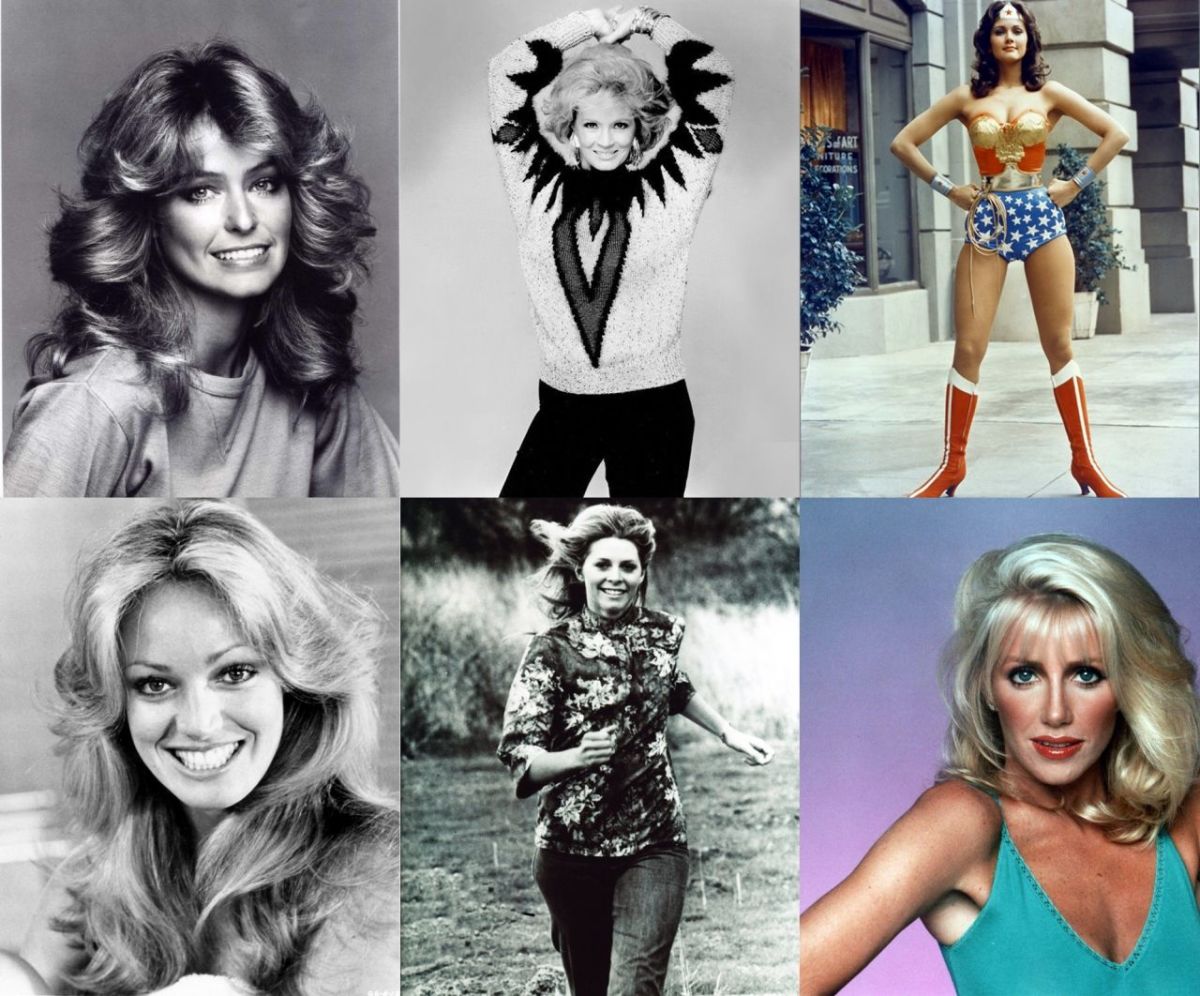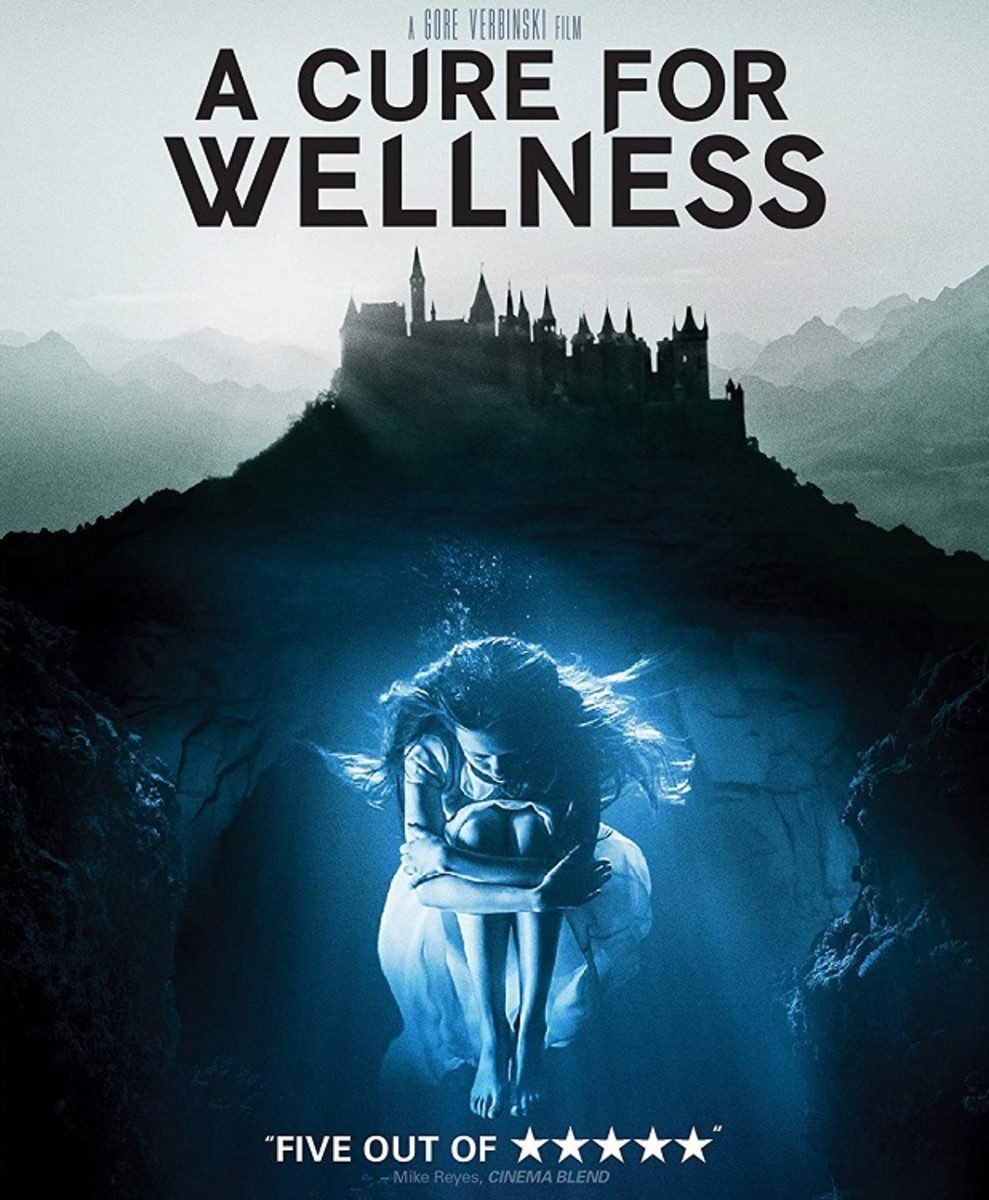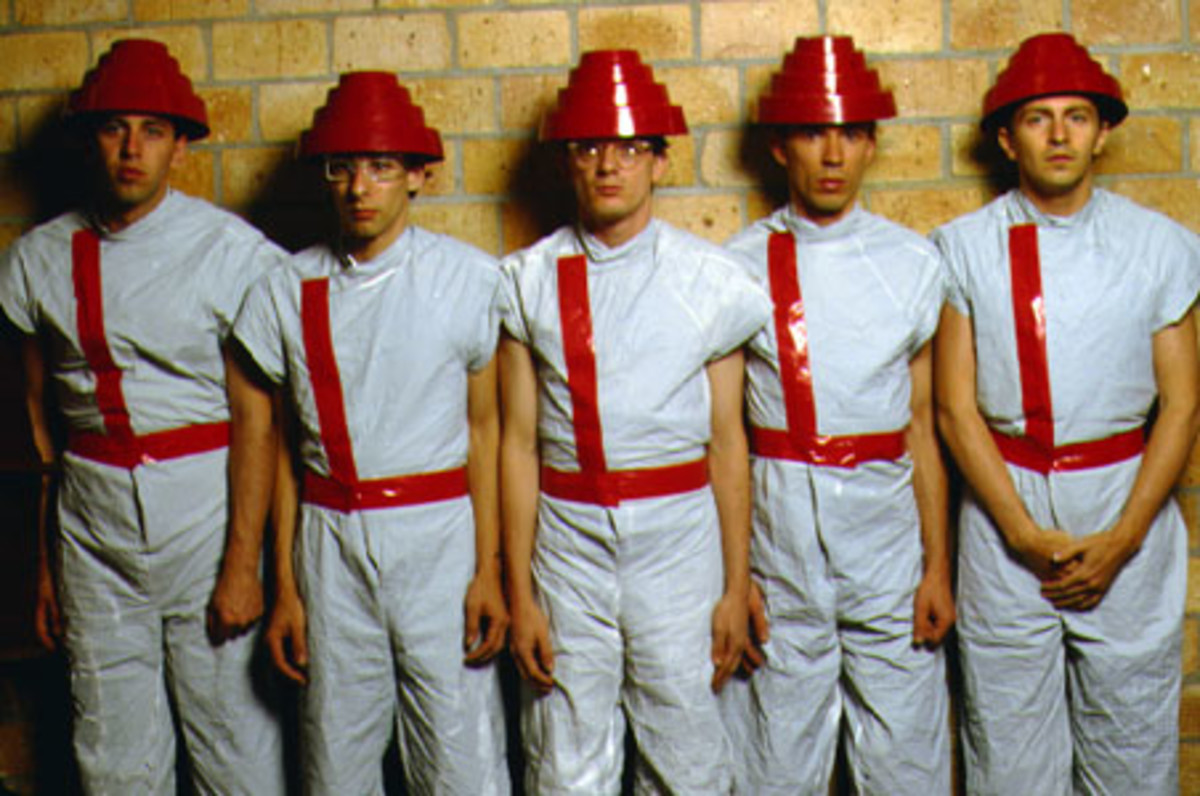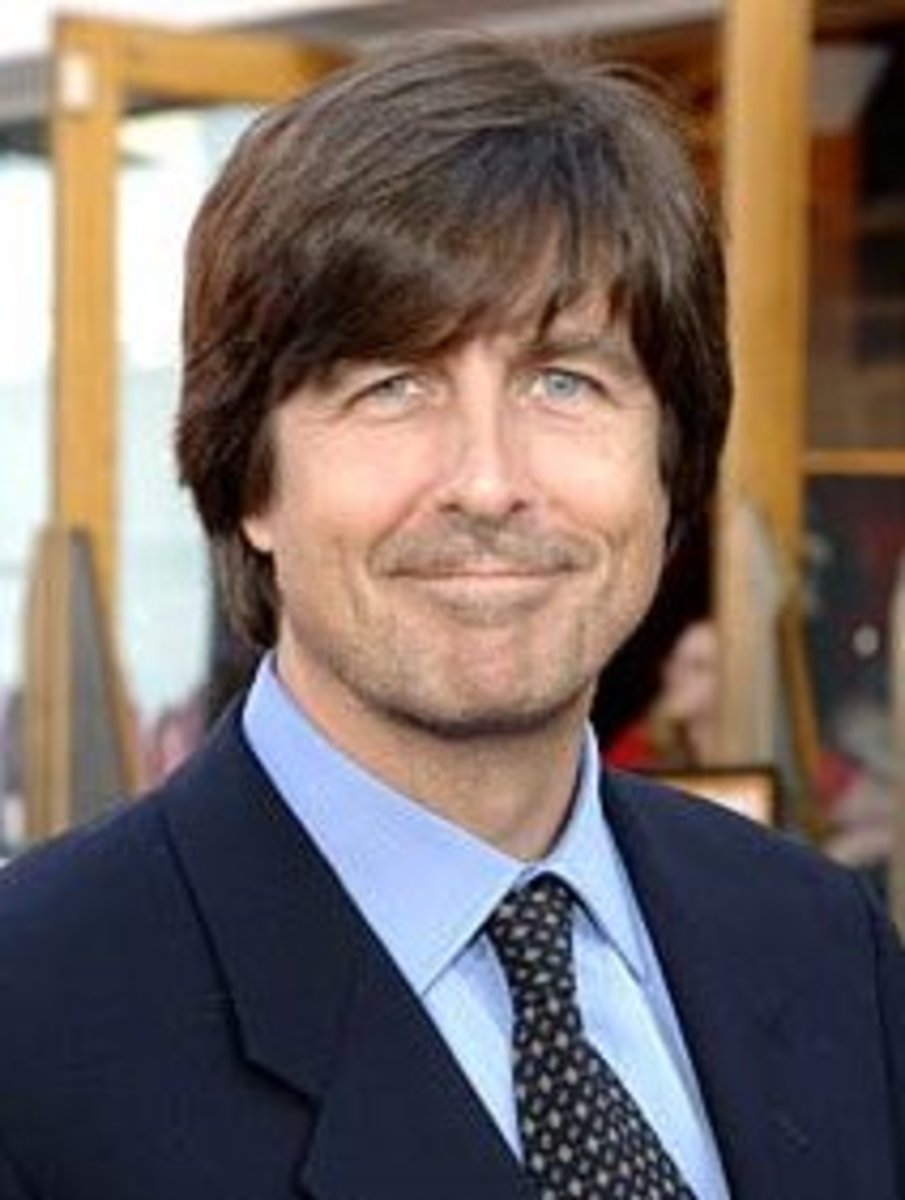Those Never To Be Forgotten Themes from 1960s and 1970s Cult Movies
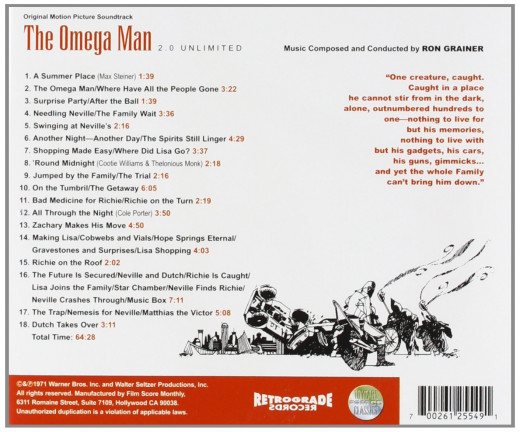
Movie Soundtracks with Heart and Passion from the Bygone Era
The late 1960s and early 1970s spawned several cult movie hits. Some find themselves more fondly remembered than others. A number of them were big hits when they came out and then passed off into obscurity. Others bombed during their initial release but found growing audiences a decade or more past the first time they debuted on the screen.
There are quite a few elements that make cult movies memorable. The true lover of the cinema never misses anything. Often, the truly passionate movie lover and amateur film historian is the only person to tip his or her hat to a great soundtrack. Selections such as Superman: The Motion Picture (1978), Jaws (1975), Star Wars (1977), and Raiders of the Lost Ark (1981) are quintessential themes that strongly deserve their place in cinema history.
How many remember the sad, haunting music from The Plague Dogs (1981) or, for that matter, other forgotten classics and their mesmerizing scores?
Let's flip calendar pages backward, imagine we all had a turntable and a 33 1/3 LP, and open our ears to a few scores that deserve another listen.
Paul Ferris' Theme to Witchfinder General
The Witchfinder General (1967): Romance in a World that Descends into Horror
Much has been written about Vincent Price's downright evil, malevolent performance as Matthew Hopkins, the corrupt witch hunter of the English Civil War. And historians wrote a great deal about Michael Reeves' brilliant direction that took what could have been a forgettable B-movie potboiler and turned a low budget film into a definitive British horror classic. Accolades have been given to Paul Ferris for his outstanding score, but not enough.
What truly allows the "Love Theme" from the film is it is exactly that, a brilliant love theme that would be perfectly suited for a Shakespearean film adaptation. The sweeping orchestras are upbeat initially, and then the sounds twist and turn a bit in the middle. A seemingly melancholy love song ventures into the malevolent's direction before returning to a triumphant, adventurous melody.
The romantic sounds take a darker, more ominous downward spin only to become sweepingly adventurous once again. As the song reaches its final cords, there is a somewhat ominous tone lurking beneath the adventurous, high romance tone.
Is this a bit conflicting? Yes, and the consistent presence of irony is likely what Ferris sought. Witchfinder General is a horror movie impeding on a love story. Hopkins, the witchfinder, is a real person who brings real horror to real people's lives. The other characters' romantic, idyllic lives take a terrible turn for the worst once this evil man targets them.
Love is supposed to conquer all. In this film, the vaunted emotion tries, but Witchfinder General's conclusion reveals real life hardly is known for upbeat storybook endings.
Ron Grainer's Theme to The Omega Man (1971)
Ron Grainer Crafts the Lonely Image of The Omega Man (1971)
The Omega Man was the second adaptation of Richard Matheson's I Am Legend. (The first being the Vincent Price 1964 classic The Last Man on Earth) Charlton Heston was riding a sci-fi career resurgence thanks to Planet of the Apes and, soon after The Omega Man, he would appear in 1973's very bleak classic Soylent Green.
The soundtrack for the film was crafted by the great Ron Grainer, a master composer who created the legendary theme to Dr. Who.
The opening of The Omega Man establishes Charlton Heston as an extremely lonely person. Los Angeles is merely a massive ghost town of old buildings, and Heston truly is the last man on earth. Everyone else was killed via biological warfare. Everyone except the mutants who live solely to kill that one human remains and represents the old world.
Grainer's outstanding opening theme very much captures the loneliness and desolation of the last man on earth.
The theme comes up in an upbeat but mysterious manner. There is a sense of drama and sadness to the music that quickly picks up a tempo common to adventure films. Little riffs of "weird sounds" are mixed in, giving the theme an odd sci-fi slant, if ever so briefly.
At about 49 seconds, the style of the music makes a theatrical change. The sadness in the instrumentals becomes very impacting, if only for a brief few seconds. Half of the sound is melancholy, with the tempo quickly picking up once again to capture an adventurous theme.
This is the perfect mix that works fluidly as the opening credits roll. The music fits the film itself perfectly. Themes of loneliness, isolation, being an unchanged man in a changed world, and deep longings for the past are mixed with the consistent "snapping back into reality" the threat of a mutant scourge presents.
As far as exciting and innovative themes go, Ron Grainer's work here represents virtuoso brilliance.
The Offbeat Magnum Force (1973) Theme
The Sounds of the 1970s Meet Vigilante Cops
The original Dirty Harry featured a brilliant Lalo Schifrin theme, and the sequel, Magnum Force, delivers another brilliant score. The Magnum Force score not only stands well on its own, but it also works well as a transition to a softer, hipper title character.
Supposedly, graffiti appearing on a wall in a crime-ridden California neighborhood read "Dirty Harry we need you," and a sequel to the original vigilante cop film was ordered.
John Milius' script is a great early 1970s hip action film, but the Dirty Harry in Magnum Force is most definitely NOT the same character as the original film.
The change is understandable. Dirty Harry Callahan was too nihilistic. A character that dark would eventually alienate audiences. In Magnum Force, Harry is less nihilistic but no less driven and brutal. The sequel has a more comic book style plot and over the top action than the gritty first film, but Magnum Force works.
So does the cool theme, as Lalo Schifrin does a great job once again.
The funky "waka waka waka" sound so many early 1970s film scores embody is present and accounted for here. With the Magnum Force theme, the sound is motivated and not used in a cliched manner. The upbeat tempo lets you know right from the start this is going to be a fast-paced action film and not one with the slower, more deliberate first film.
The vocal "screaming" horns add a disturbing sense of creepiness to the score, perhaps as a hint to the ultra-violence to unfold. The screams join with quick beats bringing the score back to its more uplifting tempo.
Magnum Force is a far better film than critics label it, and those who may have dismissed the "super sounds of the 70's" theme might wish to watch (and listen) to the opening credits once again.
COMING SOON: More classic soundtracks and a look at really off-beat surfer music.

